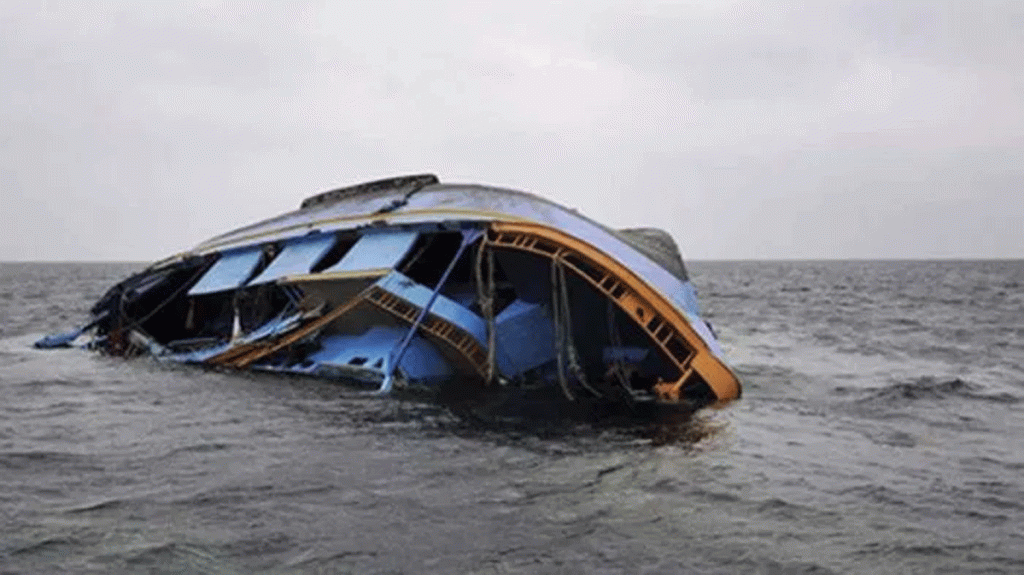A tragic boat accident in Shiroro Local Government Area of Niger State yesterday is feared to have resulted in numerous fatalities.
The Niger State Emergency Management Agency (NSEMA) confirmed the incident on Sunday, indicating that rescue operations are ongoing amidst uncertainty about the exact number of victims.
According to a statement from Ibrahim Hussaini, NSEMA’s Director of Information and Special Duties, the vessel was transporting an unspecified number of passengers and various goods en route to Kwata, Zumba Market when it overturned mid-river.
READ ALSO: Niger gov approves N75,000 as minimum wage
While the boat operator and a few individuals were successfully rescued, one person is currently receiving medical attention at the General Hospital in Kuta.
Officials are still working to ascertain the precise casualty count, with NSEMA desk officers collaborating with local divers and volunteers in the search efforts.
Such maritime disasters are unfortunately a recurring concern across Nigeria’s waterways.
The nation’s extensive river networks, particularly the Niger River, a vital trade artery for West Africa, are frequently used for transportation due to inadequate road infrastructure and persistent security threats, including kidnapping, along highways.
This latest incident follows a series of similar tragedies.
In November 2024, a boat capsized on the Niger River, claiming at least 27 lives and leaving over a hundred others missing as it transported approximately 200 passengers from Kogi to the state.
That same month, dozens were feared dead when another vessel carrying over 300 individuals overturned on the River Niger.
A year prior, 29 children drowned in the same river while on a trip to collect firewood.
READ ALSO: Niger govt imposes curfew on Okada, Keke NAPEP operators in Minna
Furthermore, during severe flooding in December 2022, at least 76 people perished when their boat sank in a swollen river in Anambra State.
Despite efforts by authorities like the National Inland Waterways Authority (NIWA) to enhance safety, including banning night-time navigation and criminalizing vessel overloading, such regulations are frequently disregarded by boat skippers and crews, contributing to the persistent risk of accidents.



